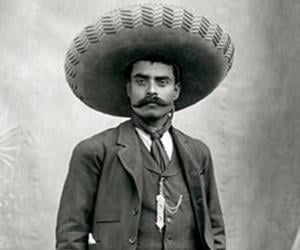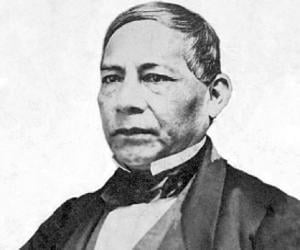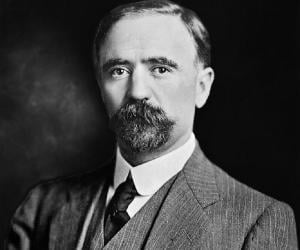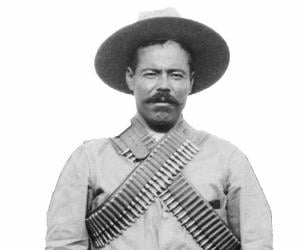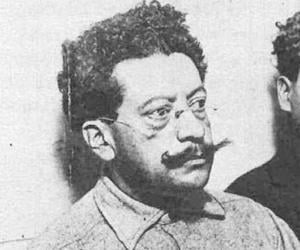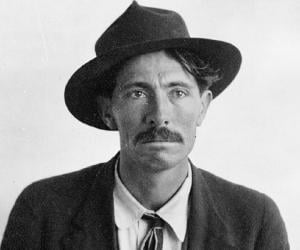1
Emiliano Zapata
(Leading Figure in the Mexican Revolution of 1910–1920)
Birthdate: August 8, 1879
Sun Sign: Leo
Birthplace: Anenecuilco, Mexico
Died: April 10, 1919
Emiliano Zapata Salazar was a Mexican revolutionary who became a prominent leader in the Mexican Revolution of 1910–1920. He led the people's revolution in Morelos and inspired the agrarian movement known as Zapatismo. Zapata organized the Liberation Army of the South and played a key role in the fall of dictator Porfirio Díaz. He promulgated the Plan de Ayala, advocating for land reforms for peasants. Despite facing opposition, Zapata continued his fight for social justice until his assassination in 1919.
